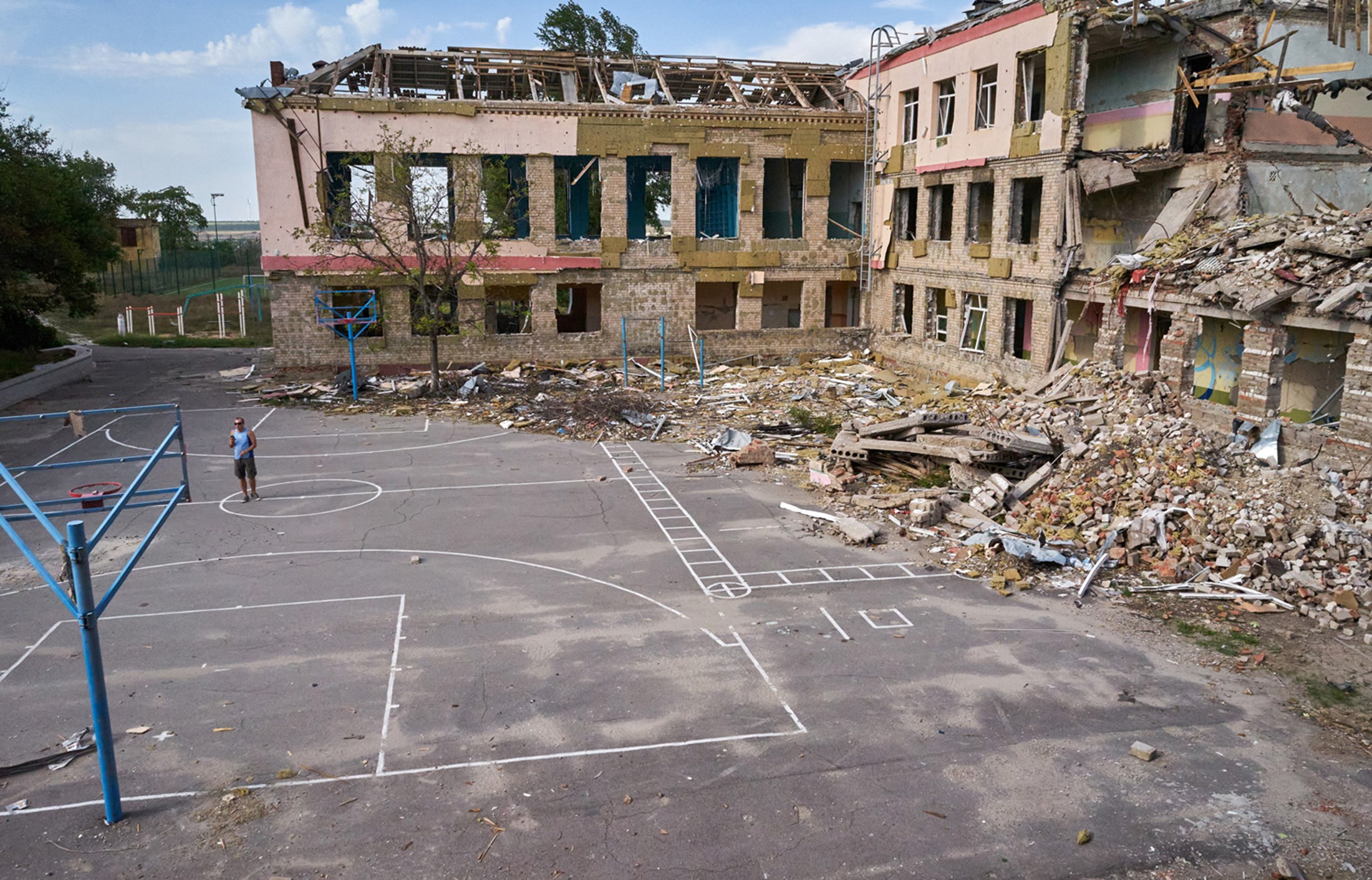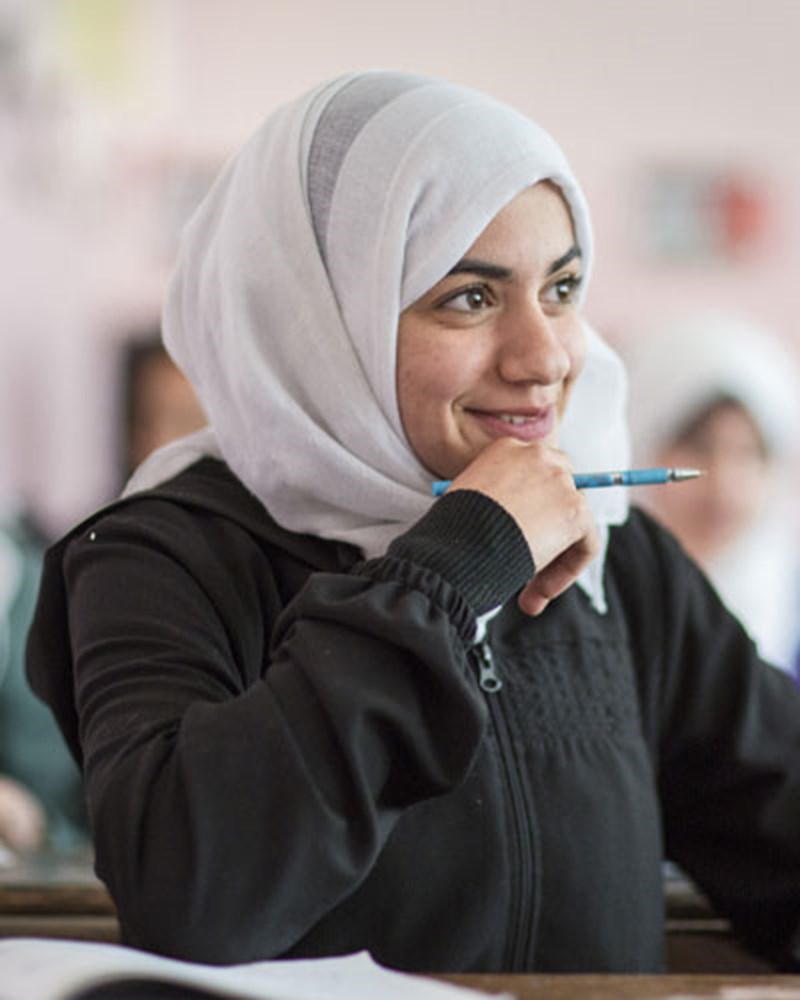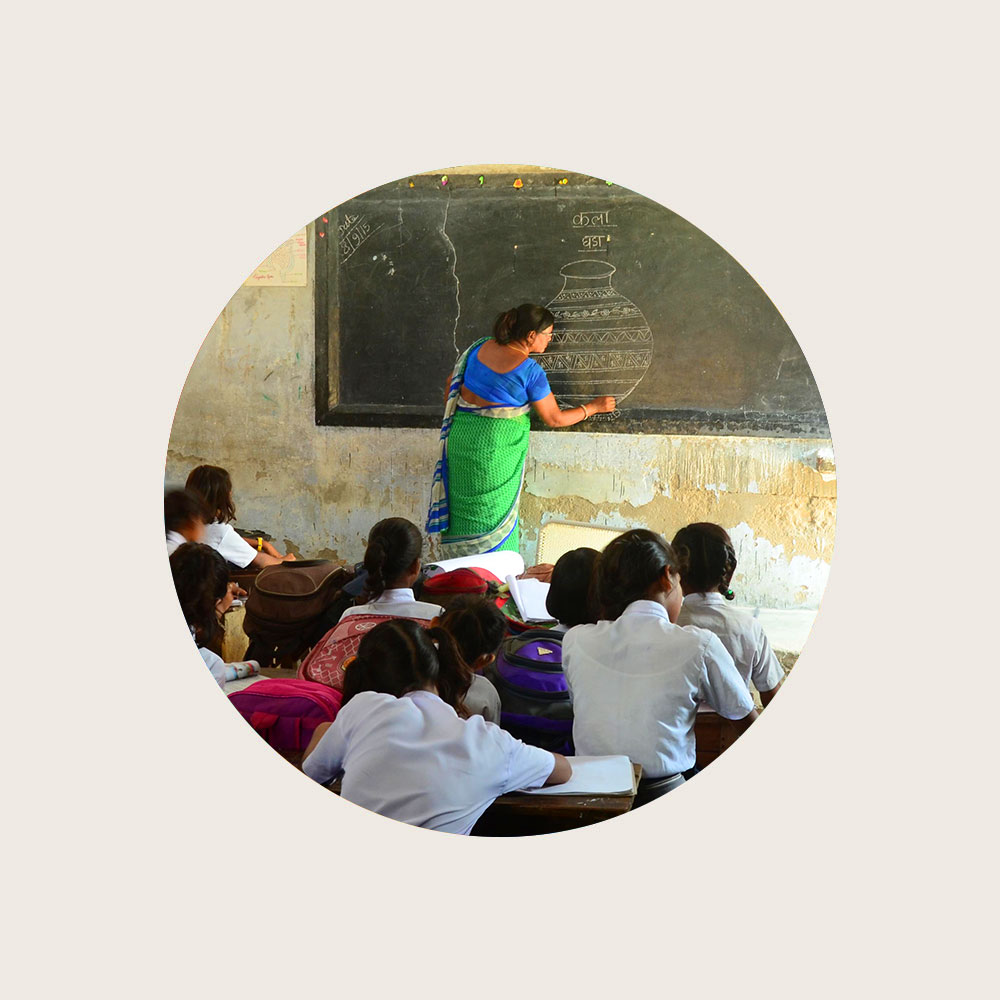With conflicts in the Middle East, Europe and Asia, massive displacement in South America, the spectre of famine in parts of Africa, and the truly horrifying impacts of the climate crisis, we are witnessing an unprecedented global education crisis.
This is threatening to unravel decades of social and economic gains, leave generations of resilient and smart young people behind, and create new pockets of political and social instability.
There are currently 222 million crisis-impacted children in need of education support. Of these, 78 million are out of school entirely and, worldwide, nearly two thirds of 10-year-olds are unable to read a simple text.
Failing to educate children perpetuates inter-generational cycles of poverty, hunger, displacement and violence. It derails our efforts to deliver on the Sustainable Development Goals (SDGs) and prevents us from building a more prosperous and peaceful world. In short, it fails us all. And yet, despite the stark level of needs, education in emergencies and protracted crises accounts for just 2% to 4% of overall global humanitarian funding.






